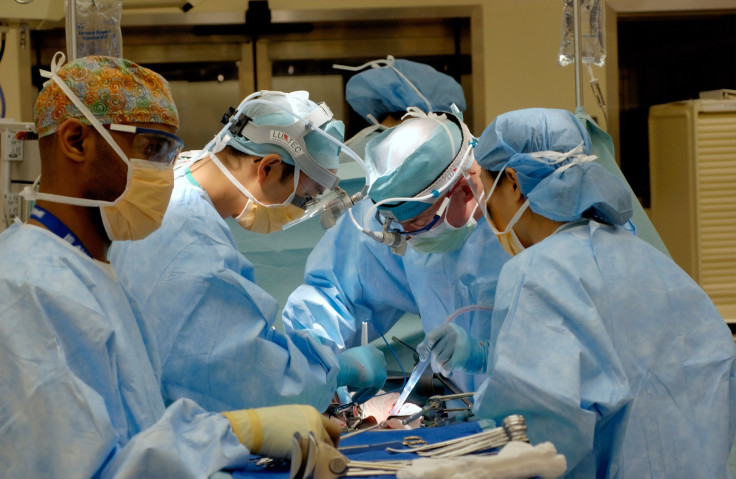Some people have to deal with certain health issues, in need of ways to help them repair and/or regenerate cells in the body.
Liver disease is one of the issues most have to deal with but researchers over at the University of Edinburgh may have discovered a solution to address this.
In a report from BBC, researchers were able to find some unusual and remarkable breakthroughs from Leprosy bacteria that could aid in regenerating the body. This was done through an animal experiment, something tested on a shelled creature, an armadillo.
Normally, leprosy is known to cause disability once it infects the nerves, skin and eyes.
However, the bacterium known as Mycobacterium leprae rendered unusual properties that included the ability to perform biological alchemy. It was able to convert one type of body tissue to another, something that has fascinated scientists.
"It is kind of mind-blowing," Prof Anura Rambukkana, from the University of Edinburgh's center for regenerative medicine said. "How do they do that? There is no cell therapy that can do that."
The results were published in Cell Reports Magazine, showing how the liver of the armored animal nearly doubled in size.
Fully grown liver cells are metabolic powerhouses with hundreds of jobs in the body. But the bacteria are taking them back a stage - like becoming a teenager again - where they can rapidly increase in number before maturing back into adulthood.
While astounding, it has yet to be explained why this is happening. According to research, it is possible to forcibly turn the clock back to the point at which cells regain the ability to become any other type of cell in the body - but this runs the risk of turning them cancerous.
"The [leprosy] bugs use alternative pathways," Rambukkana stated. "It's a much safer way and they take a longer time to do that, so this is a natural process."
These are promising results. However, all these ideas remain untested.

© 2025 Latin Times. All rights reserved. Do not reproduce without permission.



